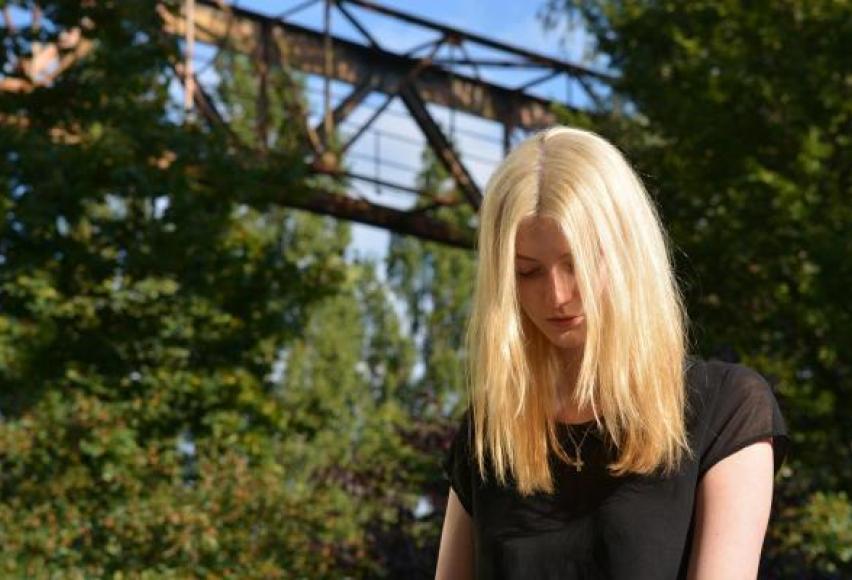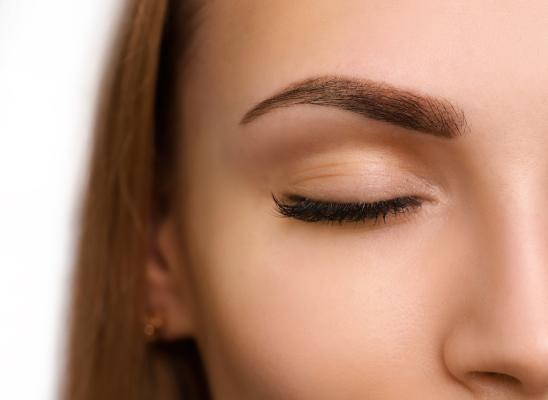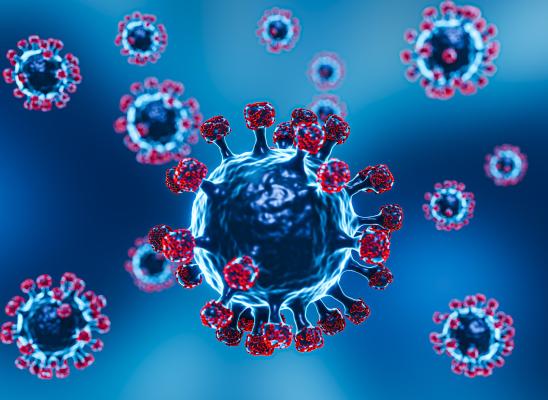Social Isolation Caused By Hair Pulling

Online test
Find out the severity of your symptoms with this free online test
Trichotillomania is an impulse control disorder that is characterized by an urge to pull out one’s own hair, commonly from the scalp, face, and pubic areas, resulting in noticeable bare spots. Trichotillomania is also defined as a self-induced and on-going hair loss and is referred to informally as hair-pulling disorder. Individuals who develop trichotillomania typically engage in these behaviours in order to release tension, achieve a sense of relief, or generate gratification. Though trichotillomania is a mental health disorder with physical ramifications, it can result in consequences that affect every aspect of your well-being. No matter the length of time one might be suffering with trichotillomania, the effects can be debilitating if not treated or addressed professionally. Understanding how trichotillomania may affect the different aspects of your life may encourage you to get the help you need and deserve.
Emotional Impact of Pulling

The short-term and long-term emotional impact that is associated with trichotillomania can be far worse than the disorder’s physical manifestations because it affects so much more than just the way a person looks. However, it should be noted that the physical effects of hair pulling play a large role in the development of some of the emotional issues that drive the disorder. Psychological effects of hair pulling disorder include low self-esteem, often associated with being shunned by peers and the fear of socializing, due to appearance and negative attention they may receive. All this can negatively affect a person’s social engagements. Some people with trichotillomania wear hats, wigs, false eyelashes, eyebrow pencil, or style their hair in an effort to avoid attention. For some people, trichotillomania is a mild problem, merely a frustration. But for many, shame and embarrassment about hair pulling causes painful isolation and results in a great deal of emotional distress, placing them at risk for a co-occurring psychiatric disorder, such as a mood or anxiety disorder or even depression. Hair pulling can lead to great tension and strained relationships with family members and friends. Furthermore it can lead to the affected socially isolating themselves. Family members may need professional help in coping with this problem. Hair pulling disorder can hurt a person emotionally, physically, and socially. In addition to feeling shame and embarrassment, people with hair pulling disorder can have other psychological problems like depression and anxiety. Hair pulling disorder can also interfere with social life, school, and/or work. Mild to severe pain during or after pulling hair, scars, disfigurement; and other medical problems like infections can also occur.
The Negative Affects of Solitude

Taking time to be alone can be a healthy, rejuvenating experience that allows us to reconnect with our own needs, goals, beliefs, values, and feelings. But when a person experiences too much solitude or feels socially isolated from others, he or she may develop feelings of loneliness, social anxiety, helplessness, or depression, among others. All types of social isolation can include staying home for lengthy periods of time, having no communication with family, acquaintances or friends, or willingly avoiding any contact with other humans when those opportunities do arise. Individuals with hair pulling disorder often isolate themselves because they often think that people around them will judge them as opposed to supporting them. Social isolation—the absence of social relationships—is typically considered unhealthy when people spend excessive time alone, particularly when they no longer benefit from time spent alone. Social isolation may be indicated when a person’s avoidance of social interaction:
- Persists for an extended period of time
- Is a result of depression, shame, or low self-worth
- Is associated with abandonment fears or social anxiety
- Proves detrimental to important social or professional relationships
Social Support is Key
Social support, defined in terms of the quality of perceived support from social relationships, was found to confer protection through help-seeking augmentation, and was postulated as a rescue factor which moderates stress and hair pulling behaviour. It is important to remember that people with hair pulling disorder often feel ashamed and do not know how to verbalise their feelings It can be hard to understand why a person would deliberately harm themselves, and people often go through a range of emotions, like feeling shocked, angry, saddened, confused or guilty. However in order to support the person who suffers from hair pulling disorder, one needs to do it in an understanding and caring way, it will be useful to have knowledge about skin picking disorder and about some helpful strategies before you offer your support. If the person does not feel comfortable talking to you, try to make sure they know you are there to listen if they want to talk, and ensure they know of other places they can go to get support. Take hope in knowing that several resources are available for help and healing. Supporting your loved ones can help them through the healing process and help them make healthier decisions. Having caring relationships is important to an individual’s emotional well-being. The way to develop supportive relationships is to be supportive to others. Spending time as much time as possible with people who have the qualities that support you and spending time away from individuals who do not have those qualities is the best route to developing supportive relationships.
Online test
Find out the severity of your symptoms with this free online test
Start your journey with TrichStop
Take control of your life and find freedom from hair pulling through professional therapy and evidence-based behavioral techniques.
Start Now



